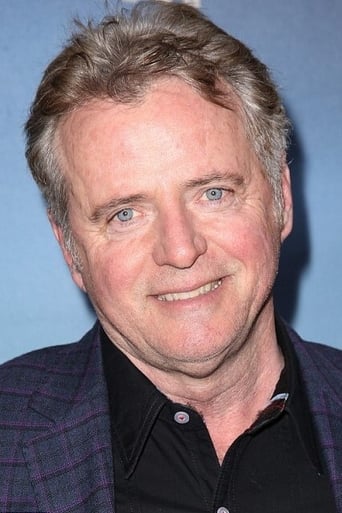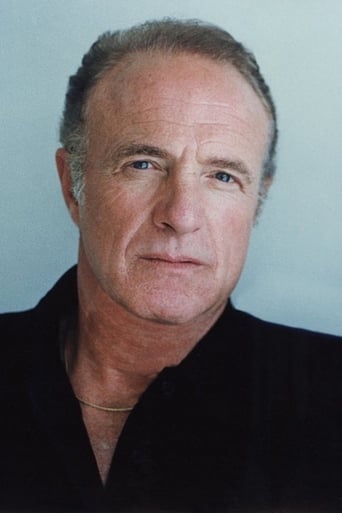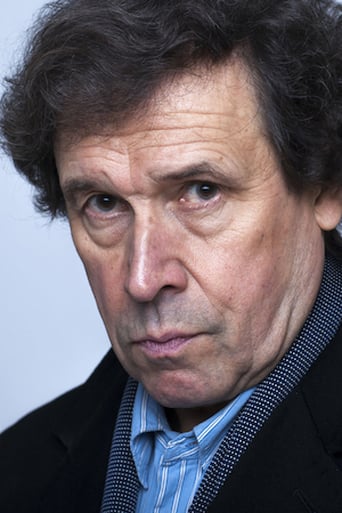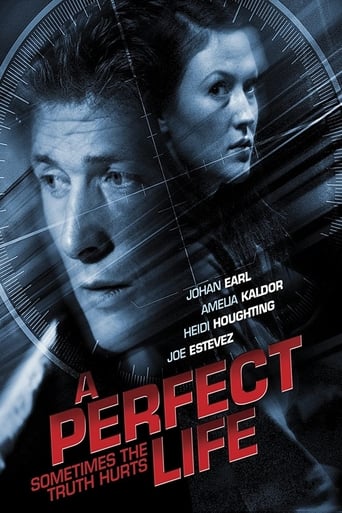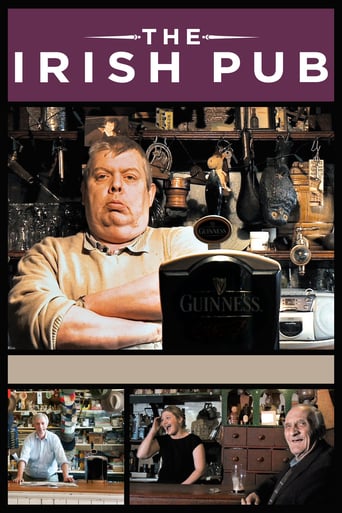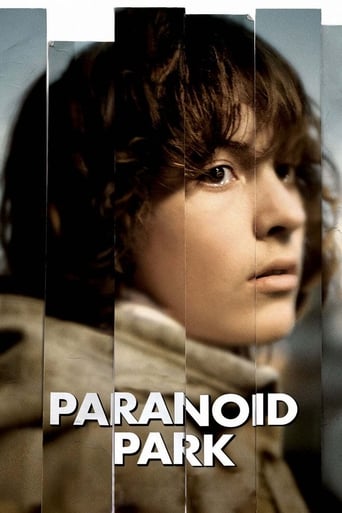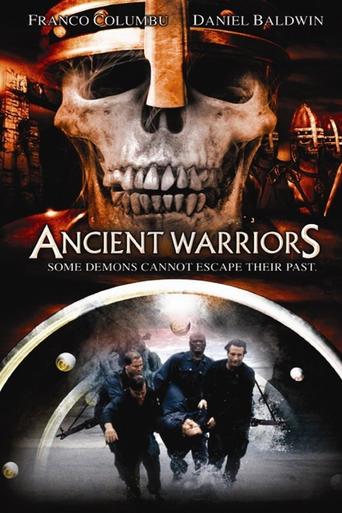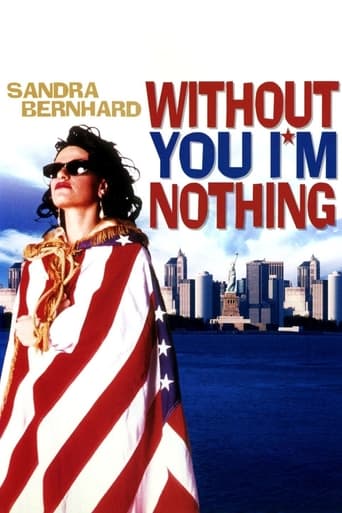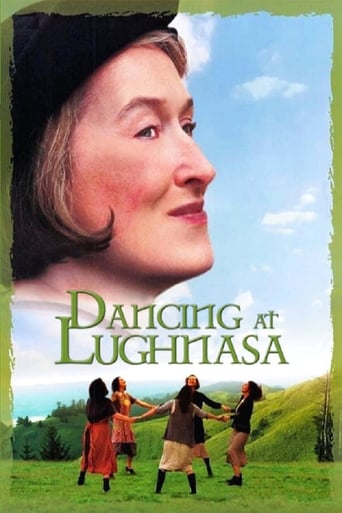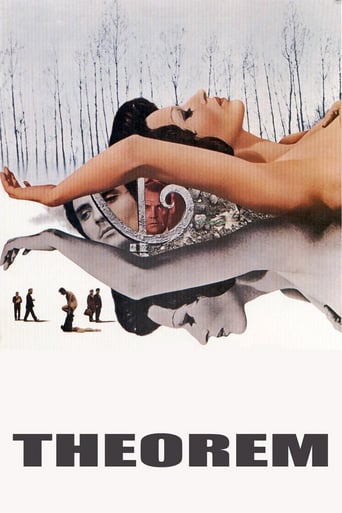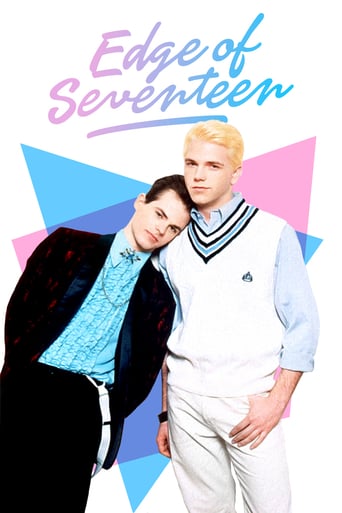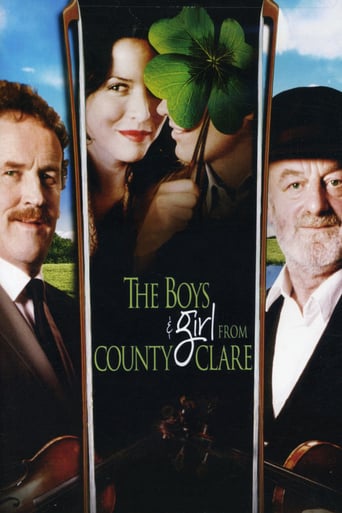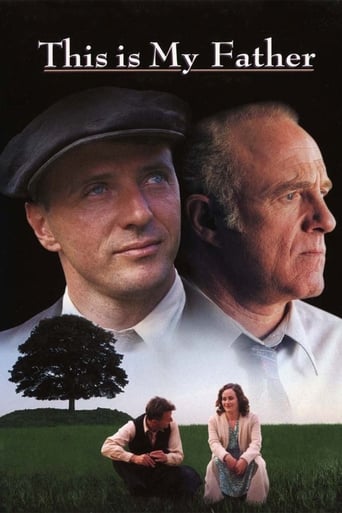

This Is My Father (1999)
When schoolteacher Kieran Johnson discovers that his father was not a French sailor (as he had been led to believe) but rather an Irish farmer, he looks to his mother for answers. When she refuses to provide any, Kieran travels to Ireland.
Watch Trailer
Cast


Similar titles
Reviews
There is a bit of fun and nostalgia in watching Kieran's journey to Ireland in search of his heritage. At the same time, the story he hears is downright depressing. This is the first of the many contrasts in this tome: youthful and elderly, man and woman, rich and poor, pious and heartless, lively and dead. But when these contrasts become literary contradictions, we can't quite tell what this story is trying to say.The frame narrative structure has been criticized as unnecessary, cheesy, and distracting. Although it may not be essential, it certainly highlights the contrast between young and old to see that Fiona, once a lively teenager, is now an infirm octogenarian. Age and other gaps are a constant in her life and her family's: she loves a poor thirty-year-old man, she and her well-to-do mother cannot come to terms over this fact, and in spite of the callous town priest she appears to retain and disseminate to her children a visible Catholic faith (large Crucifixes adorn the family's Chicago home).For that last reason, I'm not sure I'd agree with those who accuse this movie of "anti-Catholicism" per se. Perhaps there is a bit of anti-clericism, or at the least, an indictment of the cold Jansenist moralism of the French-instructed Irish priesthood in contrast with the forgiving mission of Christianity--a perfectly legitimate complaint in the eyes of this practical Catholic. (Some have also suggested that the objection of the Church and Fiona's mother to the relationship was class prejudice masquerading behind religious puritanism.)The problem is that a reasonable viewer may or may not be sympathetic to the plight of the two lead characters in relation to Widow Flynn and the clergy. This is partially because the script does not take full advantage of the castmembers' abilities: Kieran Sr. is a bit flat, as it is not quite clear what about him caught the eye of a beautiful, young, intelligent girl. And I do mean "young girl": I was hardly inclined to argue with the priest who, from the confessional, admonished: "You're a grown man and she's a child!" and ordered him not to see her again. Once the young/old contrast becomes a matter of outrage, we must choose a side, and it is difficult to take the side of a pedophile.The ending, of course, was a terrible tragedy and an interesting metaphor for the grueling agricultural and social terrain of Ireland at the time. Beautiful though Ireland and Christianity may be, Kieran had weathered the harshest of the land and of the clergy and it destroyed him from within. But by that point the film had so nuanced its literary reading with realism that I was almost as inclined just to view his deliberate self-inflicted demise as stupid escapism. One leaves the movie wondering if it had anything philosophical to say at all, or if it was just one of the more depressing examples of the great Irish recreational storytelling tradition. The contrast is staggering.
James Caan was outstanding in an unusual role. Usually Caan plays tough-guy cops and gangsters. In this role, he was a kindly high school teacher in Chicago. The very best part of the movie was in the first few minutes. It was critical to the point of the whole movie. Caan's Kieran Johnson is teaching history at a Chicago high school and his students are disrespecting him and making fun of him. Johnson brings up the stats on how many of them will end up having a long-term job and how many will end up in jail. I loved this, because it showed that Ireland in 1939 was not totally alien from America in 1998. There were problems in Ireland, just like there are problems today in America. The movie was basically about how hardship and class tensions create an inhuman atmosphere for all involved. Johnson has never known whom his father was. His mother is very old, and has already had a stroke. Johnson can no longer ask his Mom about who his Dad really was. So, Johnson goes to the village where his Mom came from in Ireland. He stays at a bed and breakfast where an elderly woman there retells the whole story of his parents. Johnson father was a very nice man, who was a victim of his class and his position in society. He was a lowly laborer. His parents have a farm that is owned by a widow woman with a daughter. The father has died by this time, and was in the military (a position of some prestige in Ireland at the time). I really felt for Aidan Quinn's portrait of the mysterious lost father of Johnson. He was kindly and loved the daughter of the owner of his parents' farm with all his heart. Stephen Rea plays the firebrand priest of the Catholic Church in the village. Rea's priest shows how blind religiosity can actually destroy decent people's lives. The parents of Johnson weren't even able to get married! It was a sin to have any relations between a man and woman, unless you were of the right class. This movie horribly shows how a decent man (Aidan Quinn) is completely disenfranchised and criminalized for being truly in love with a woman. John Cusack comes in as an American journalist-pilot. Cusack highlights how in Ireland at the time, America was seen as an escape from their miserable lives of conformity. Cusack talks about Greta Garbo, whom Johnson's Mom adores in 1939. Garbo represented a liberated woman in 1939. The Irish couldn't dream of such a thing in those days. I really loved this movie, because it was honest and truthful. Ireland wasn't all romantic, like many movies show it as. In addition, the movie showed that things were and are never great. At the beginning, Johnson is shown in 1990s Chicago. There is great tension and issues going on in Johnson's life. So, Ireland of the 30s was not totally different from today's World. There is still the issue of resources. There are still problems in all families, whether 30s Ireland or today's America.
Overall, I was very disappointed by what could have been a much more interesting and compelling story. James Caan and Aidan Quinn, such terrific actors, are so watered down by lines that just drag by, in the ordinary and unmoving. Many of the scenes, perceived as fragmented, fail at supporting cohesion for the movie's larger direction and development. Kiernan Johnson (James Caan) is a Chicago, history high school teacher, who returns to Ireland, to learn about the history of his father, dating back to 1939. Meanwhile, his mother, Fiona, (Francoise Graton) is hanging onto to her life, subsequent to suffering a stroke. Kiernan's sister, cares for Fiona. Young Jack (Jacob Tierney), Kiernan's nephew joins him in this historical journey, to the home roots of Ireland. Kiernan, via telephone reads his father's loving words, that he wrote to, Fiona, age seventeen, the time in which her mother, wrongly accuses Kiernan O'Day (Aidan Quinn) of raping her daughter, and hence preventing their marriage. But the two mutually consummate their relationship before marriage. Kiernan is a dedicated man of the land and agriculture, and Fiona (Moya Farrelly) is grounded and passionate in her love for Kiernan. The pressure for Kiernan to run away with Fiona and clear his conscious of the fat and guilt laden Catholic Irish tradition is too much for him to bear. He hangs himself at the gift tree, where the two would leave presents for one another.There is also an interesting scene with John Cusak as Eddie Sharp, an American pilot drawn to the land of roots. The play on contrasts and similarities to young Kiernan and Fiona are then more evident. Difficult depictions of 1939 Ireland are cumbersome and the actors do so well, under much less than favorable conditions, religious, societal, and cultural. Agricultural work is physically demanding and even the strongly built Kiernan O'Day is unable to survive the psychological terrain, reinforced by priest Mooney (Stephen Rea), who stops after excavating fault, leaving a mess, with no intent to fill in the now empty spaces with love, life, and forgiveness, also represented by Jesus, but ignored by the single minded priest. Kiernan is a subject of Mooney's demise and the outcome is a tragic death. Mooney is probably the most convincing actor, one we despise, for lack of any humanity in relating to his congregation. He is so disconnected from them, and the absurdity of it all, really diminishes our preconceived notions of understanding Kiernan. For we think that Kiernan is much too smart and intelligent, than to be bull-dozed over by a priest, whose only interest is objectifying people into the perfection of his perceived Christianity.The film is a stark depiction of Ireland 1939, one that we can all learn from, by such grueling and inhuman preaching and societal shaping of the period. Unfortunately, the script falls short of truly capturing one's heart, mind, and soul in the way that it really should, despite such tedious subject matter. The story would have probably been better served if Kiernan Johnson's sister joined her brother and son. It looks like she could have used the vacation too.
Paul Quinn, the director of "This is my father", shows a tremendous talent for bringing this fine layered story to the screen. Working on his own screen play, he was obviously the right person to be at the helm of this fine film. It appears that he got a lot of help, not only of his own brothers, but from a lot of well meaning people in this production.If you haven't watched the film, maybe you should stop reading.The film focuses on Kieran Johnson, the Chicago schoolteacher, ones encounters at the beginning of the movie with his students. His sick mother, Fiona, is being taken care at home by a daughter, and Kieran helps in his own, limited way. Watching his mother in her sick bed motivates him to go to Ireland in a voyage to discover a part of his life which he never knew.Upon arrival, accompanied by his nephew, they go to the rural area where his mother rears from. They get to stay at a modest bed and breakfast run by a greedy man. Seamus' old mother holds the key to the mystery surrounding how he came to be born and to know the truth about what happened to his mother. In the process we are taken in flashbacks to another era.Kieran O'Day, is a young man working in a small farm with the Meaneys. Beautiful Fiona is a local girl living with a widowed mother. It's obvious from the start these two like one another in more ways than meet the eye. The local town is dominated by the ruthless priests that see smut and lewdness in every one in the small town. In fact, most of what derails the lives of all of the people in the story seems to have been caused by the narrow mindedness of the clergy that held such a grip in the Irish society of the time.Kieran and Fiona eventually realize the love they feel for one another, but fate will come between them in unexpected ways. The film ends in tragedy, as Kieran Johnson gets to know that O'Day was his father and what became of him.In a lovely sequence, we watch as young Kieran and Fiona make a detour to a nearby beach because the car they've been traveling breaks down. While walking in the beach, they witness as a single engine plane come for a landing near them. They meet the American pilot, Eddie Sharp, a National Geographic photographer, who is taking pictures of Ireland. It's a lovely moment where the would-be-lovers interplay with the stranger and all seem to be at peace. Eddie is responsible for taking the only picture where Kieran and Fiona are seen together. That is the only clue left for their son to go on his search for their past.The amazing, largely Irish, cast do an outstanding job in recreating the people in the story. Moya Farrelly, the lovely young Fiona, is one of the best things in the film. Aidan Quinn, as Kieran, delivers a good performance in his portrayal of this lonely man of the country who finds love that proves to be fatal. James Caan, as Kieran Johnson, has some good moments, but of course, he is only seen in a few key scenes. John Cusack's contribution as the friendly aviator is one of the highlights of the movie.The supporting cast makes the film what it is. Colm Meany, Donald Donnelly, Gina Moxley, Brendan Gleeson, Stephen Rea, Moira Deady, among others, are the main reason for watching the movie. Most of them have had better opportunities in other movies, but as an ensemble they respond to Mr. Quinn's direction.Congratulations to Paul Quinn. We wish him well in whatever project he decides to direct!


